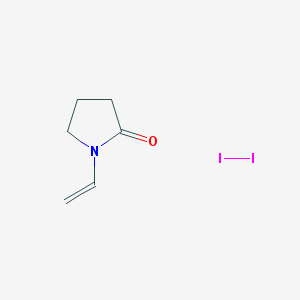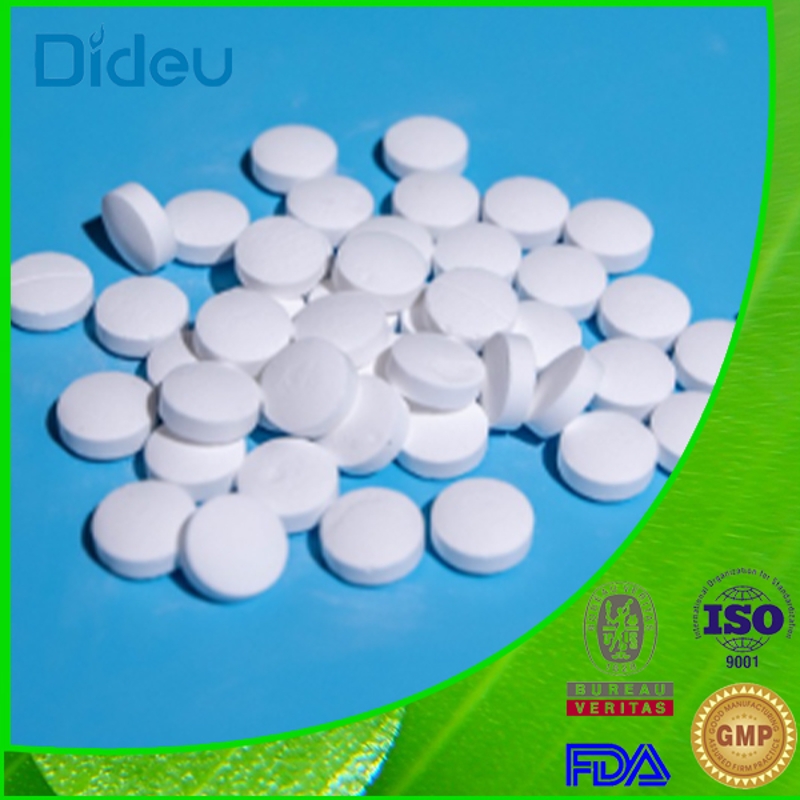-
Categories
-
Pharmaceutical Intermediates
-
Active Pharmaceutical Ingredients
-
Food Additives
- Industrial Coatings
- Agrochemicals
- Dyes and Pigments
- Surfactant
- Flavors and Fragrances
- Chemical Reagents
- Catalyst and Auxiliary
- Natural Products
- Inorganic Chemistry
-
Organic Chemistry
-
Biochemical Engineering
- Analytical Chemistry
- Cosmetic Ingredient
-
Pharmaceutical Intermediates
Promotion
ECHEMI Mall
Wholesale
Weekly Price
Exhibition
News
-
Trade Service
Severe Acute Respiratory Syndrome Coronary Virus Type 2 (SARS-CoV-2) first appeared in Wuhan in December 2019 and then spread rapidly to several countries, particularly in Europe and northern Italy, in early February 2020.
first reports from China showed that children had milder symptoms than adults infected with SARS-CoV-2.
The reasons behind this have not yet been determined, but several theories have been discussed, involving differences in the immune system, such as thymus function, cross-reactive immunity to the common cold coronavirus, differences in the expression of the virus into the subject ACE2, and better overall health in children compared to the elderly.
children with mild COVID-19 have also been confirmed in areas with high diseases such as northern Italy.
, however, the idea that children's COVID-19 courses are always mild is now being challenged, with recent reports of rare but very severe high inflammatory syndrome in children in the UK, Italy, Spain and New York City.
In these case series, children develop high fever and a range of symptoms associated with Kawasaki disease, such as conjunctivitis, lymph node disease, mucosal rash and coronary artery dilation, with cardiovascular shock, encephalitis and multi-organ failure in the most severe cases.
Kawasaki disease is an arteritis that affects medium-sized arteries, with the highest incidence rate among children under 5 years of age, and is the leading cause of heart disease in developed countries with widespread streptococcus infection and rare rheumatoid fever.
disease is particularly prevalent among children of East Asian descent and was first described in Japan.
the mainstream theory of pathophysiology of Kawasaki disease involves producing autoreactive antibodies in an acute immune response to viral infection, possibly on the surface of the mucous membrane and concentrated around the plasma cells that produce IGA.
cells in arterial walls have also been found in specimens of children with Kawasaki disease.
nucleocytes in the walls of arteries, forming necrotizing arteritis, which causes damage to connective tissue and arterial dilation.
efforts to define the pathogenesis of Kawasaki disease also reveal an imbalance between the T cells that produce IL-17 and the regulatory T cells during the acute phase of the disease.
Given the severity of multisystress inflammatory syndrome (MIS-C) in children associated with COVID-19 and the uncertainty surrounding ongoing epidemiological development, there is an urgent need to understand the pathogenesis of MIS-C, its similarity and similarity to Kawasaki disease, in order to develop the best treatment strategy.
, researchers recently published a paper in the journal CELL that systematically analyzed blood immune cells, cytokines, and autoantibodies in healthy children, children with Kawasaki disease who had been in the group before COVID-19, children infected with SARS-CoV-2, and children with MIS-C.
researchers recruited 41 children with acute SARS-CoV-2 infection in Rome, Italy, who were mildly ill and were known as CoV-2 plus children.
researchers also recruited three children with MIS-C in Rome and 10 children with MIS-C in Stockholm, Sweden.
compared these children with 28 children who developed Kawasaki disease before the COVID-19 pandemic.
in adults and the elderly, the leading causes of COVID-19 severity and death are immune activation, excessive inflammation and uncontrolled immunopathology.
analysis, the researchers found partial overlap between the inflammatory status of MIS-C and Kawasaki disease, both of which differed from the high risk of acute COVID-19 inflammation in adults.
to better understand the excessive inflammation of MIS-C and Kawasaki disease, the researchers evaluated the pbMC esopolysis using a flow cytometer.
it was found that there were differences in the distribution of CD4-T cell substations defined by the expression of CD45RO and CD27, as well as in the frequency of T-filter-assisted cells (TFH) in the expression of the degeneration factor subject CXCR5.
to further study the high inflammatory immune status of patients with MIS-C and Kawasaki disease, the researchers tested plasma samples from 11 mis-C patients and 28 Kawasaki patients.
researchers found that healthy children, and children infected with SARS-CoV-2 but without MIS-C, were mostly re-combined, suggesting that these CoV-2 plus children had mild infections and low inflammatory responses.
, the high inflammatory status of MIS-C is different from that of Kawasaki disease.
in patients with MIS-C, il17A, which is important for Kawasaki disease, was significantly reduced, indicating differences in immunology between the two.
Overall, the researchers found that the inflammatory response of MIS-C was different from that of severe acute COVID-19 cytokine storms, with Kawasaki disease, but also different from Kawasaki disease in terms of T-cell subtastes, IL-17A, and biomarkers associated with arterial damage.
antibody analysis suggests that multiple autoantibodies may be involved in the pathogenesis of MIS-C.
.







